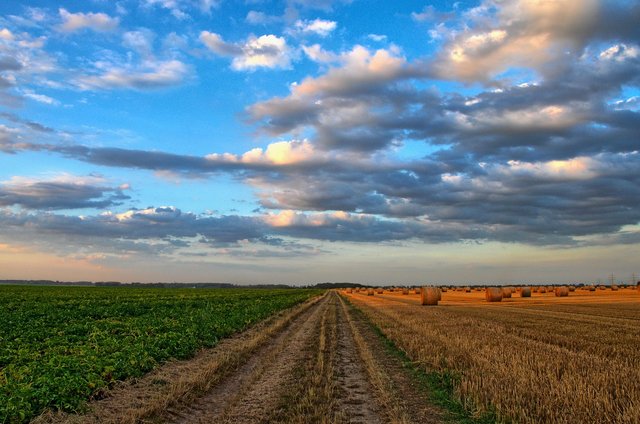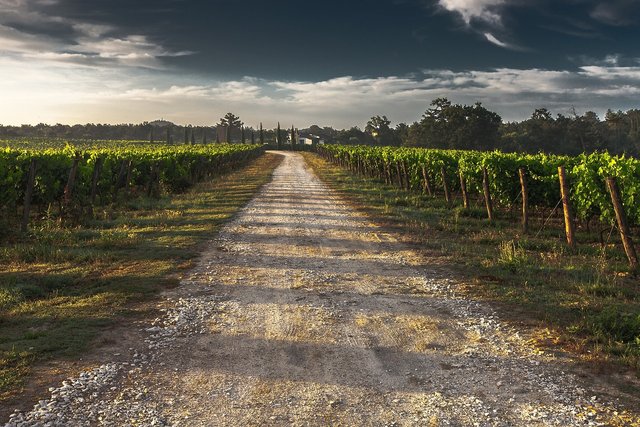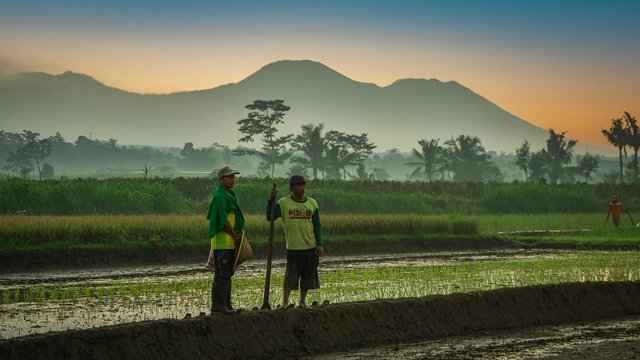Basic Knowledge in Agriculture #52
a traditional farming practice widely prevalent in the rural areas and largely in the tropics. Land is left fallow for a number of years in this system after a certain planting season. During bush fallow, native shrubs and plants grow and recover the fertility of the land that was exhausted through cultivation. When the soil becomes fertile again the farmers will slash the bushes and farm the land again.
But the primary value of bush fallow is restoration of fertility. In fallow, as shrubs and wild plants' roots penetrate the soil and their fallen leaves add organic matter, both the soil's structure and its nutrient level are enhanced. This process also acts as a soil conservation because the land is not left exposed to the rain or wind. This system could also contribute to minimize pest and disease attacks, as the land rest will cut life cycle of some pests. They also do not have to rely on chemical fertilisers, reducing production costs and saving the environment.
Nevertheless, with its good points, bush-fallow also has its share of bad points. It's partly because of the time it takes, and the land involved. The land has to be allowed to lie fallow for a few years, and farmers need to have some land in reserve so they can keep planting. That's hard to do in crowded places, or places that don't have much land. Also, the system is not conducive to modern farming with its high productivity and sustainable yield requirements. For years, if done unchecked, this kind of farming could potentially decimate forests as the farmers would cut down new forests to "replace" the old land that had been left fallow. In some regions the practice also sparks fires as farmers clear the underbrush by burning, contributing to even more environmental degradation.
All in all, Bush Fallowing is an inherited farming technique with very high ecological pertinence, but its applicability to the modern world for extension purposes is doubtful. When influenced by fate and adapted to prevailing local contexts it can continue to be a very green option of replenishing the soil without the use of chemicals.
I invite
@akareen
@entity01
@manuelhooks




https://x.com/zulbahr1/status/1979731440616325138?t=o4oVwKso4ciDDIHqWylXpg&s=19